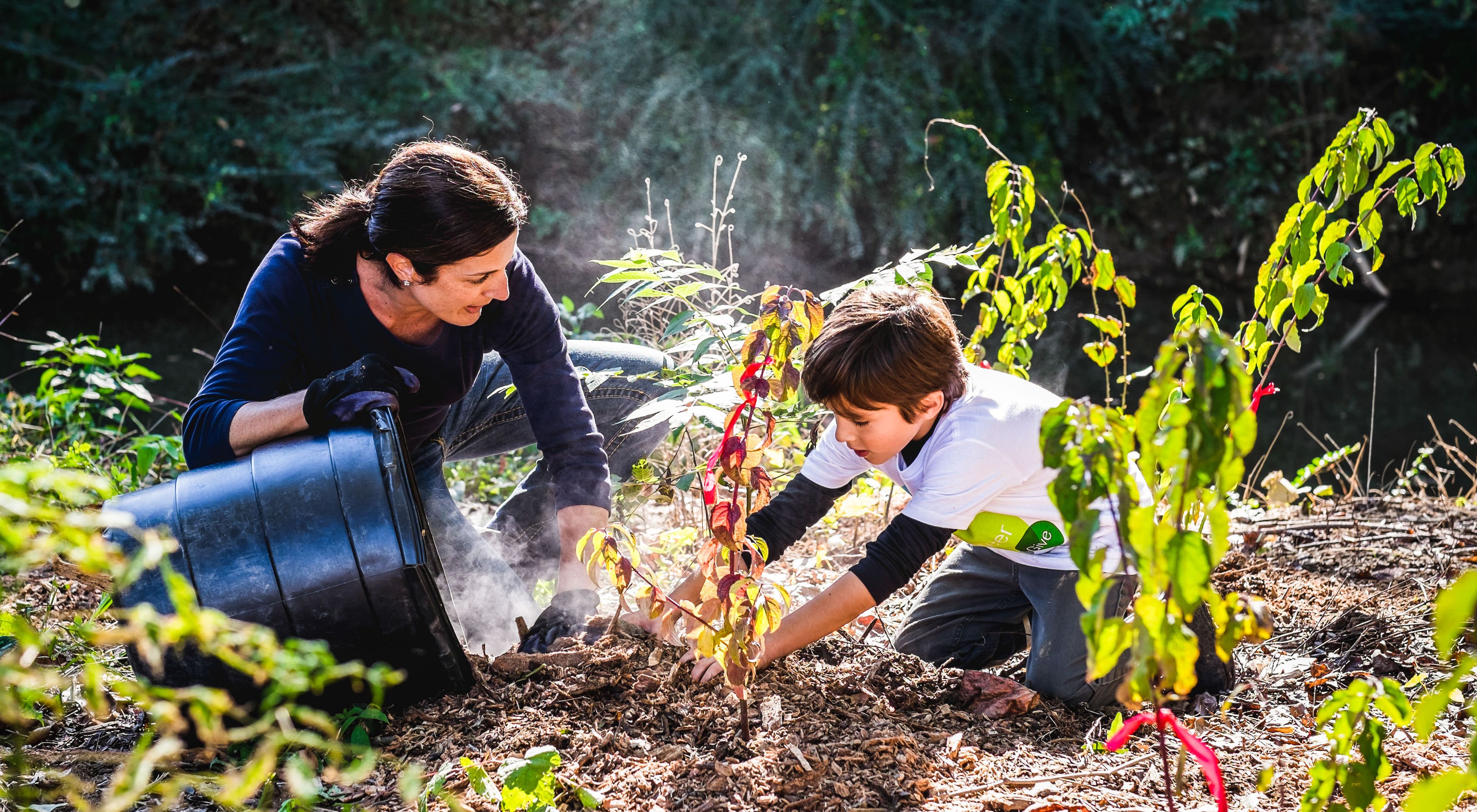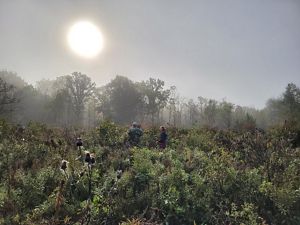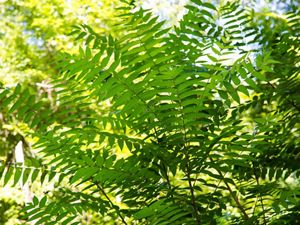Invasive Species: What You Can Do
Here are 6 easy ways you can prevent the spread of invasive species in your community.
Think global, act local
Get global conservation stories, news and local opportunities near you. Check out a sample Nature News email

When it Comes to Forest Health, Prevention is Key
New research pinpoints how we can take action to stop the spread of invasive pests traveling along the global supply chain.
See How We Can Stop Invasive Pests Before They Arrive
We need your help to fight the spread of invasive species!
Invasive species are any species that are non-native and harm the local ecosystem. When these non-native plants and animals establish themselves in our local ecosystems, they outcompete and dislodge species that have evolved specifically to live there.
These plants affect us by degrading our soil, leading to erosion that can lower the quality of our water. They crowd out and can kill important tree species that provide shade, carbon storage and habitat for native wildlife. And they can even increase the risk of wildfire.
The best way to fight invasive species is to prevent them from occurring in the first place.
You can help stop the introduction and spread of invasive species. Help protect native plants and animals by following these six easy guidelines:
- Verify that the plants you are buying for your yard or garden are not invasive. Replace invasive plants in your garden with non-invasive alternatives. Ask your local nursery staff for help in identifying invasive plants!
- When boating, clean your boat thoroughly before transporting it to a different body of water.
- Clean your boots before you hike in a new area to get rid of hitchhiking weed seeds and pathogens.
- Don’t “pack a pest” when traveling. Fruits and vegetables, plants, insects and animals can carry pests or become invasive themselves. Don't move firewood (it can harbor forest pests), clean your bags and boots after each hike, and throw out food before you travel from place to place.
- Don’t release aquarium fish and plants, live bait or other exotic animals into the wild. If you plan to own an exotic pet, do your research and plan ahead to make sure you can commit to looking after it.
- Volunteer at your local park, refuge or other wildlife area to help remove invasive species. Help educate others about the threat. You can even volunteer with The Nature Conservancy.



